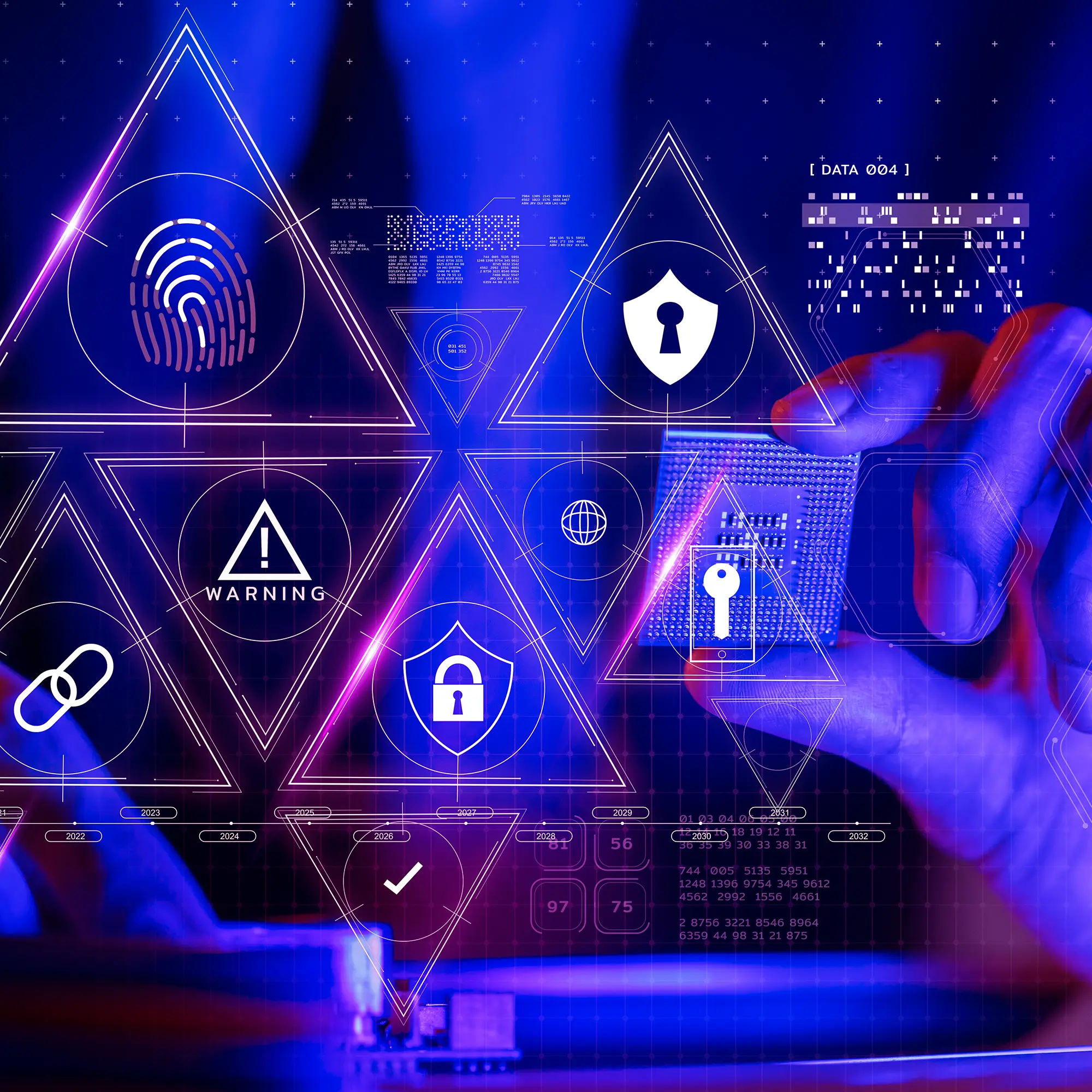Introduction:
In the ever-evolving digital landscape, effective Governance, Risk Management, and Compliance (GRC) play a pivotal role in cybersecurity. Businesses increasingly recognize the need for dedicated Cyber GRC teams equipped with the right roles and skills to navigate the complex realm of cyber threats. In this comprehensive blog post, we will delve into the essential components of a Cyber GRC team, shedding light on critical roles and skills crucial for safeguarding organizations.
Section 1: Understanding Cyber GRC
Cyber GRC integrates governance, risk management, and compliance practices to ensure a comprehensive cybersecurity strategy. In an era where cyber threats continue evolving, a dedicated team becomes imperative for addressing these challenges. A well-structured Cyber GRC strategy aligns security measures with overall business objectives, ensuring a proactive approach to cybersecurity.
Section 2: The Core Roles in a Cyber GRC Team
2.1 Chief Information Security Officer (CISO)
At the helm of a Cyber GRC team is the Chief Information Security Officer (CISO), responsible for developing and implementing cybersecurity policies. The CISO oversees risk assessments and ensures compliance with relevant regulations. Their strategic role involves aligning cybersecurity initiatives with broader business goals, making them a key player in the organization’s security posture.
2.2 Cybersecurity Analysts
Cybersecurity analysts are essential in the day-to-day operations of a Cyber GRC team. Their responsibilities include monitoring and analyzing security alerts, conducting vulnerability assessments, and responding to incidents promptly. These professionals bring technical expertise to the forefront, identifying and mitigating cyber threats to safeguard the organization’s digital assets.
2.3 Compliance Officer
A Compliance Officer within the Cyber GRC team ensures adherence to cybersecurity regulations and standards. Their role involves conducting audits, maintaining documentation, and implementing measures to address compliance gaps. This position is critical for organizations aiming to navigate the complex landscape of cybersecurity compliance successfully.
2.4 Risk Manager
Risk Managers play a crucial role in assessing and prioritizing cybersecurity risks. Collaborating with various departments, they develop risk mitigation strategies and foster a risk-aware culture within the organization. Their analytical skills and strategic thinking are instrumental in identifying and managing potential threats.
Section 3: Key Skills for Cyber GRC Professionals
3.1 Technical Proficiency
Technical skills form the backbone of a successful Cyber GRC professional. Proficiency in network security, cryptography, and incident response is vital. Continuous learning and staying updated on the latest cybersecurity technologies and trends are essential to tackle emerging threats effectively.
3.2 Communication and Collaboration
Effective communication skills are paramount for Cyber GRC professionals to convey complex cybersecurity concepts to technical and non-technical stakeholders. Collaboration within the team and across departments ensures a holistic approach to cybersecurity, fostering a culture of shared responsibility.
3.3 Analytical Thinking
Analytical thinking is a cornerstone skill for Cyber GRC professionals. In assessing and responding to cyber threats, analyzing data, identifying patterns, and making informed decisions is crucial. This skill set enables proactive threat management and enhances the overall cybersecurity posture.
3.4 Legal and Regulatory Knowledge
A deep understanding of relevant cybersecurity laws and regulations is indispensable for Cyber GRC professionals. This knowledge ensures compliance and equips the team to navigate the legal landscape surrounding data protection. Staying informed about regulatory updates is key to maintaining a robust cybersecurity strategy.
Section 4: Building an Effective Cyber GRC Team
To build and optimize an effective Cyber GRC team, organizations should focus on recruiting top talent, providing continuous training, and fostering collaboration and innovation. Investing in the team’s professional development ensures they stay ahead of evolving threats and maintain a proactive cybersecurity stance.
Conclusion:
In conclusion, the roles and skills of a Cyber GRC team are integral to safeguarding organizations against cyber threats. As businesses recognize the importance of cybersecurity strategy, empowering teams with the right roles and skills becomes paramount. The continuous development of Cyber GRC teams ensures they remain resilient in the face of evolving cyber threats. Organizations can establish a robust defense against potential cyber risks by prioritizing cybersecurity and investing in dedicated teams.

